Paradigm Shift: Comparing the Founding Framework for Republican Governance to the Modern Rights Revolution
This article analyzes how modern American public evaluates the federal government’s performance by its ability to produce positive entitlements for the people. I then contrast this standard of review with the Founders’ standard of evaluating the government on whether it has promoted virtue in the citizenry.
A Self-Reflective Destruction of Humankind: A Christian Eco-Theological Reading of W. B. Yeats’s “Second Coming”
This essay proposes an innovative reading of W. B. Yeats’s poem “The Second Coming” through a lens of Christian Eco-theology as explained by Fr. Seán McDonagh in Pluriverse: A Post-Development Dictionary. It demonstrates how literature may efficiently bring topics of environmental protection, anti-war ideology, and theological allusion into integrity.
It Is a Constitution We Are Expounding: John Marshall, Spencer Roane, and the Fundamental Conflicts Surrounding McCulloch v. Maryland (1819)
Using a blend of primary and secondary sources, this research paper examines the lesser-known newspaper debate between Chief Justice John Marshall and Judge Spencer Roane of the Virginia Court of Appeals. The purpose of this research is to answer one question: What were the fundamental issues that divided early Americans as demonstrated by the landmark case of McCulloch v. Maryland (1819)? To contribute to the ongoing discussion of McCulloch and its significance, my paper attempts to understand the issues surrounding McCulloch within its broader, historical context. Instead of confining its importance to the Second Bank of the United States, I identify McCulloch as a judicial case turned political—a divisive instance of constitutional conflict between Hamiltonian nationalism and Madisonian republicanism.
The Influence of Race in Americans’ Trust of Government
The percentage of Americans who trust the government in Washington always or most of the time has been increasingly declining since the John F. Kennedy presidency in the early 1960s The reasons for this sharp downward bend are unclear. Americans do worry about political disagreement, which they see as an indication of an anomaly in the system. However, given the choice, they would rather concern themselves about nonpolitical issues. That factor has not stopped them from failing to trust their government. The expectations placed by Americans on their administration are excessively high. Thus, disappointment is inevitable. The declining trust exhibited by all Americans, regardless of their political views, party affiliations, age, gender, and race are equally evident across the board. Economic reasons, social and cultural elements, the polarization of American parties are all solid reasons to explore. However, in this paper the roots of American’s distrust for the government will be analyzed according to race.
Continue Reading The Influence of Race in Americans’ Trust of Government
Jefferson and Tocqueville on Christian Nationalism
The United States’ principle of the separation of church and state, first articulated in Thomas Jefferson’s Letter to the Danbury Baptists (1802), has been questioned by proponents of Christian nationalism who seek to make the United States an established Christian state. This paper argues that Thomas Jefferson’s philosophy, which is inimical to the idea of Christian nationalism, was based on sound reasoning, and its benefits to American society were later recognized by French philosopher Alexis de Tocqueville. Furthermore, this paper uses Jefferson’s philosophy and Tocqueville’s analysis to elucidate the contemporary relationship between church and state in the United States, and to argue that Christian nationalism is unfeasible; religion should remain a private matter where it provides the most benefit to American citizens.
Continue Reading Jefferson and Tocqueville on Christian Nationalism
A Guide for our Times: Herbert Hoover’s Critique of Supreme Court Expansion
Former President Herbert Hoover’s critiques of FDR’s plan to expand the Supreme Court are useful for defending against contemporary calls to enlarge the composition of the Court, such as the Judiciary Act of 2021.
Continue Reading A Guide for our Times: Herbert Hoover’s Critique of Supreme Court Expansion

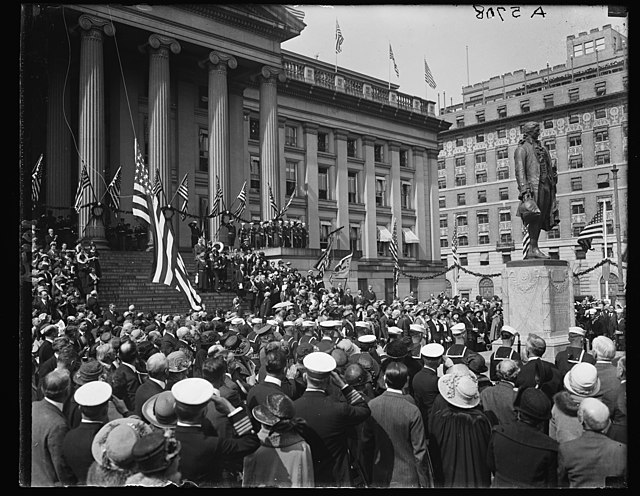
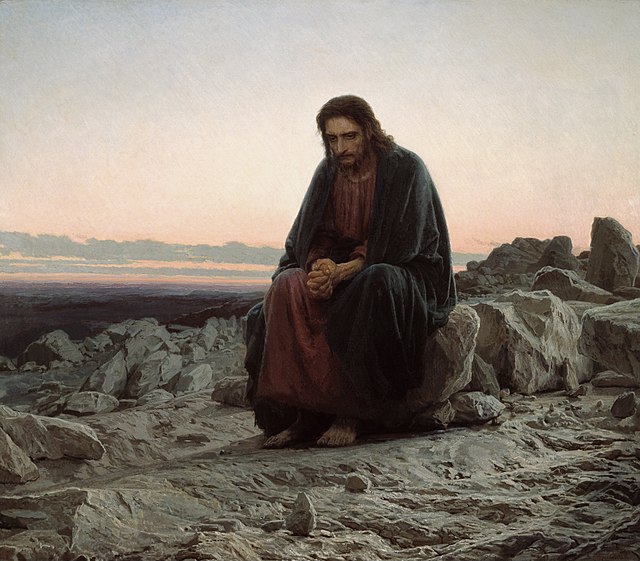
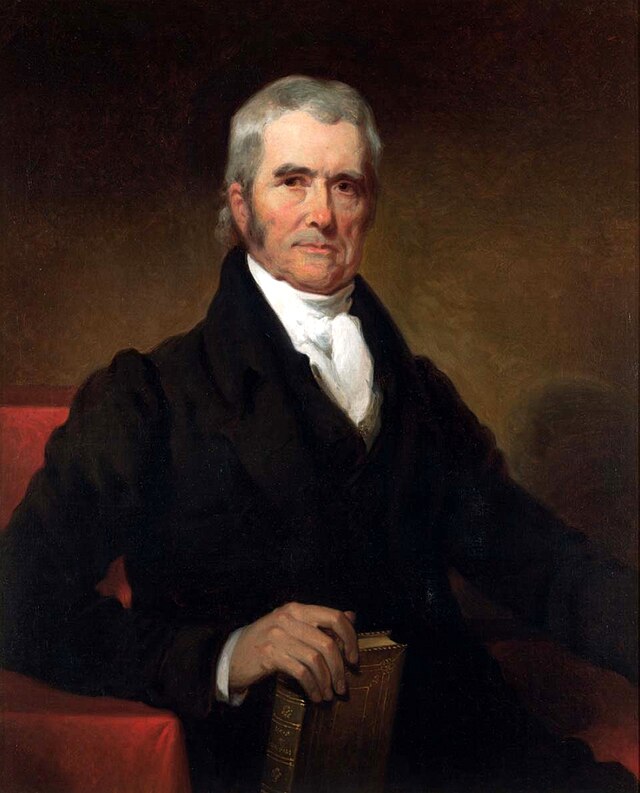
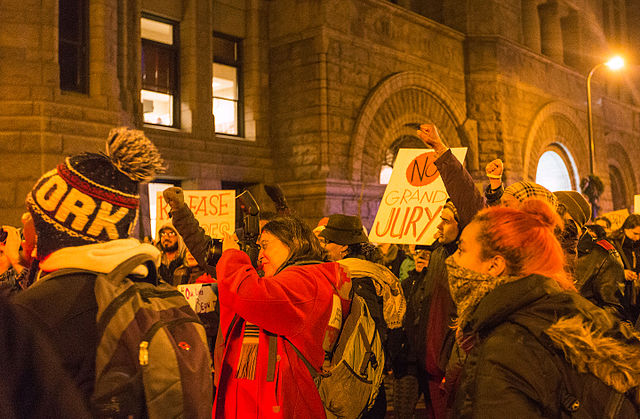
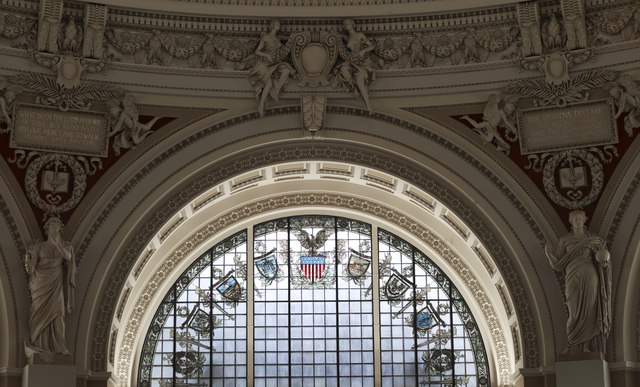
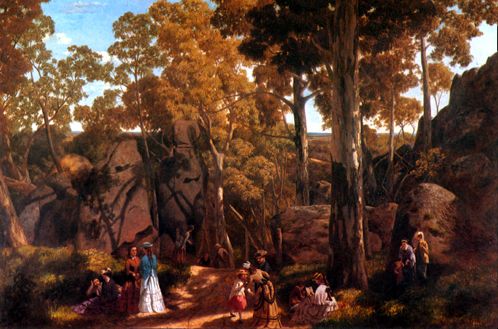
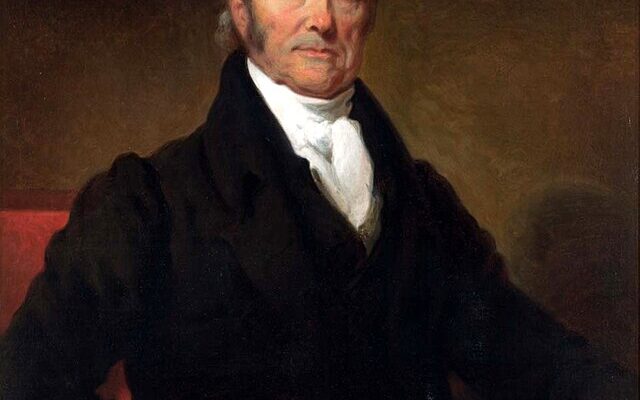
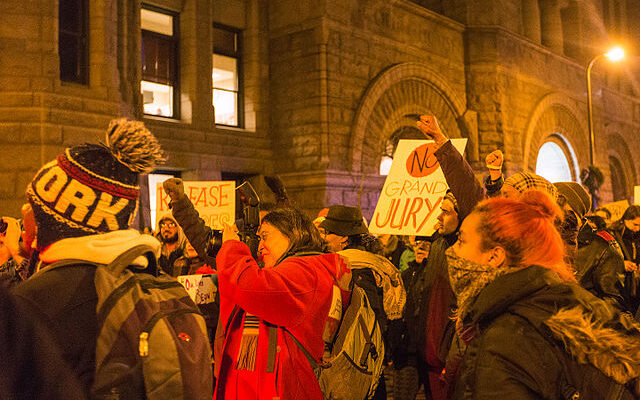
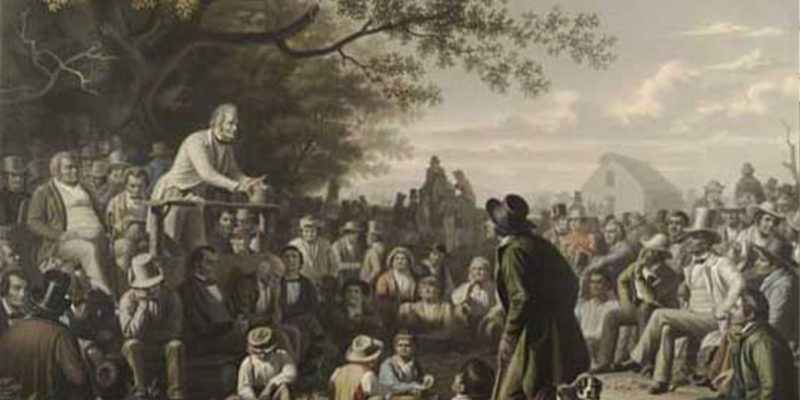


 Compass is an online journal that provides a space for the work of talented undergraduates who have original and well-articulated insights on important ideas and issues relating to American democracy understood in the broad contexts of political philosophy, history, literature, economics, and culture.
Compass is an online journal that provides a space for the work of talented undergraduates who have original and well-articulated insights on important ideas and issues relating to American democracy understood in the broad contexts of political philosophy, history, literature, economics, and culture.